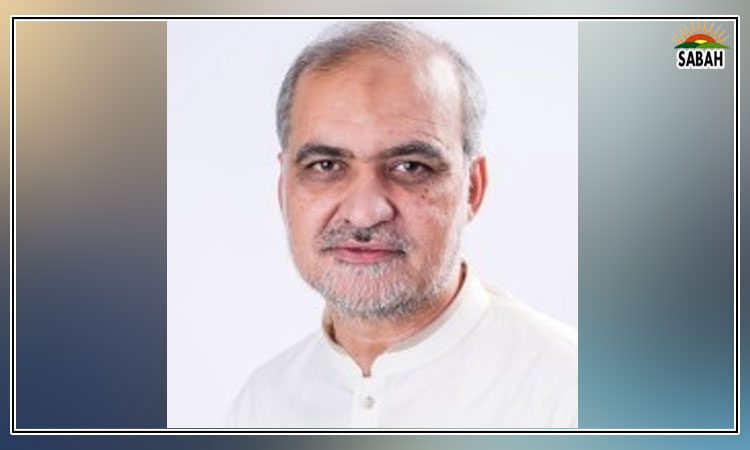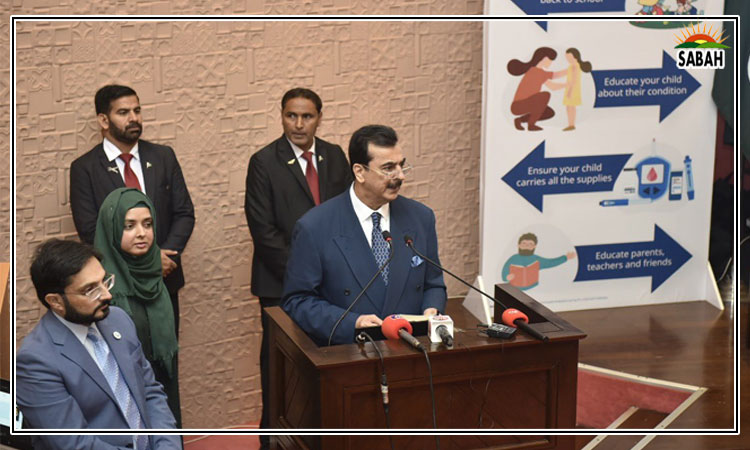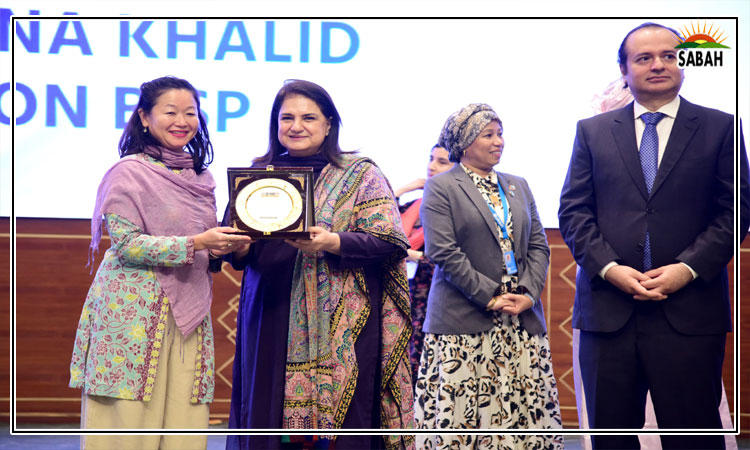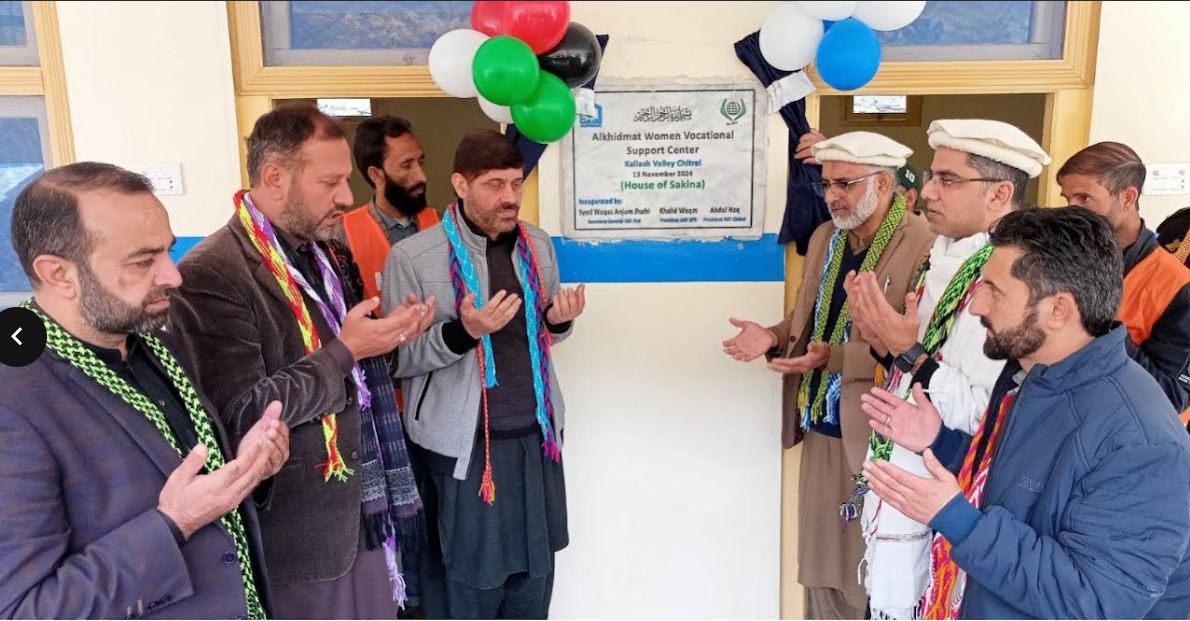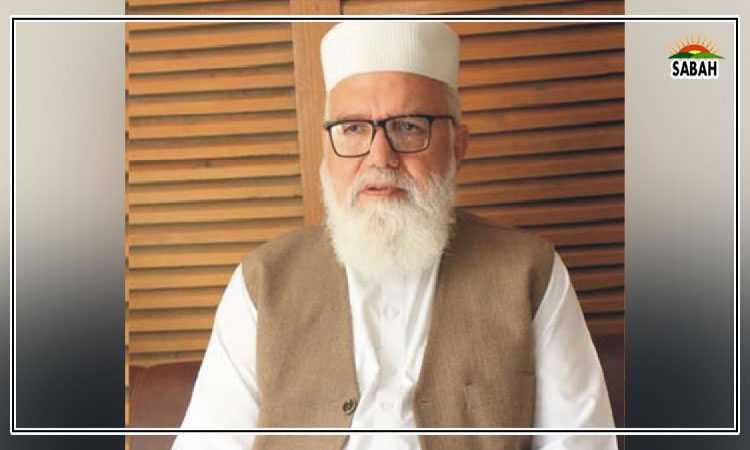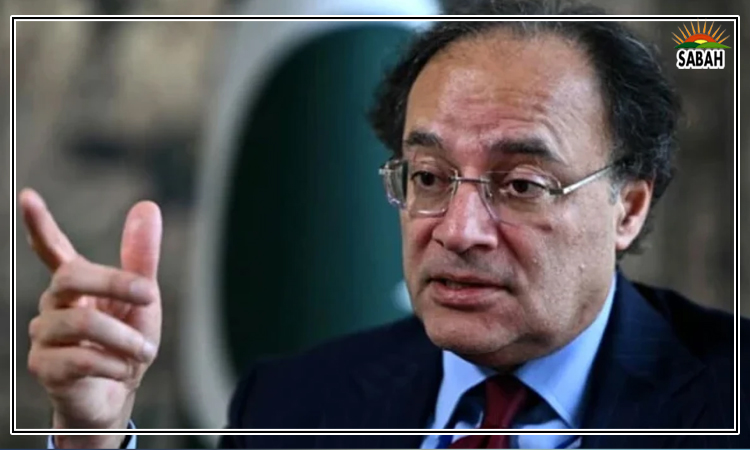Redressal for sexual violence survivors۔۔۔Rida Tahir
The conviction rate in cases of sexual violence increased from three per cent to 16 per cent during 2022-2023. Data suggests that the reporting rate has also increased. About 12 women are raped across the country daily, or one woman every two hours, according to data revealed by the Punjab Home Department and Ministry of Human Rights (MoHRs).
Lets travel through time to understand the amendments in law that triggered this upward trajectory and what is required to further increase the conviction rate while keeping a survivor-centric approach at the forefront.
In 1983, a sixteen-year-old blind girl was raped by her landlord and his son. The case was registered against the culprits and the court asked the blind girl to identify the rapists. She failed to identify her perpetrators. Her consequent pregnancy was treated as evidence of fornication. She was sentenced to three years in prison, fifteen lashes, and a fine of Rs1,000 by the Supreme Court of Pakistan in the Safia Bibi case (PLD 1986 SC 132). The ruling was given under the Offence of Zina (Enforcement of Hudood) Ordinance 1979. Passed by General Ziaul Haq, the Hudood Ordinance removed rape from the penal code of Pakistan.
The ruling in this case sent shockwaves across the globe and triggered several amendments in the law. Starting with the Protection of Women (Criminal Laws Amendment) Act 2006, which inserted Rape and its punishment into the Pakistan Penal Code (PPC) through Sections 375 and 376, respectively.
However, many core components were missing from the law, which are essential in a trial of sexual violence. The Criminal Law (Amendment) (Offences Relating to Rape) Act 2016 aimed to fill this gap. It introduced witness protection mechanisms such as: in-camera trials. Through Section 376A, disclosure of the identity of a victim of rape was prohibited. Moreover, Section 53A, mandated medical examination by a registered medical practitioner. Further, Section 164A (c) provided for collection of DNA samples. The Act also amended Section 376 of the PPC, establishing that whoever commits rape of a minor or a person with mental or physical disability shall be punished with death or life imprisonment, including public servants such as police officers, medical officers, or jailers, who, taking advantage of their official position, commit rape of vulnerable persons.
Nevertheless, the law provided insufficient protection to children. This became evident in August 2015, when a gang running a pedophile and pornography ring assaulted more than 280 children. Although several arrests were made, only the acts of rape were punishable by law at that time as Pakistan had no law regarding child pornography.
Against this backdrop, the Criminal Law (Second Amendment) Act 2016 was enacted. Sections 292-B & 292C were added to criminalize child pornography. Importantly, Section 377A and 377B were also inserted to the PPC to penalize sexual abuse against children under the age of 18.
Although several amendments were introduced into the law over the years, the conviction rate in rape cases remained abysmally low between two and three per cent. The responses by the Criminal Justice System (CJS) actors remained slow and insufficient, failing to protect women and children from sexual violence.
In September 2020, when a woman was raped in front of her children by two men on the Lahore-Sialkot motorway, the insufficient response by CJS actors and lack of protective measures came to the forefront. In this backdrop, the Anti-Rape (Investigation and Trial) Act 2021 and the Criminal Laws (Amendment) Act 2021 were enacted by the parliament of Pakistan. These introduced several changes into the law.
The 2021 Amendment substituted the definition of rape stipulated in Section 375 of the PPC and inserted Section 375A titled Gang Rape. The new definition of rape encompasses gender-neutral language and increases the scope and the ambit of the complex crime of rape.
The Anti-Rape Act introduced Anti-Rape Crisis Cells (ARCCs), Special Courts, Special Prosecutors, Special Sexual Offences Investigation Units (SSOIUs), Independent Support Advisers (ISAs), and a register of sex offenders.
ARCCs are essential for provision of efficient and expeditious response to a victim/survivor of sexual violence. The power, duties and functions of the ARCCs are mentioned under Section 5 of the Anti-Rape Act. It states that the ARCC shall without any delay ensure the following, namely: (a) conduct of a medico-legal examination without any delay; (b) securing, collection and gathering of such evidence as may be expedient; (c) conduct of a forensic analysis or examination; (d) registration of an first information report (FIR) by the police; and (e) performing of any other action as may be necessary.
Similarly, special prosecutors and SSOIUs are also important components for providing gender sensitive and expeditious redressal to the victims/survivors.
Gender-based violence (GBV) courts were already existing, they were notified for all provinces by the National Judicial Policy Making Committee of the Supreme Court in November 2019. The GBV courts have been deemed as the special courts under the Anti-Rape Act. However, lack of rules regarding the procedure of the trial remained a cause of concern.
The law remained largely unimplemented. In the Muhammad Aamar case (2022 LHC 8114), the Lahore High Court (LHC) acknowledged that the victims of sexual violence often avoid reporting the crime. One of the reasons is that criminal proceedings are traumatizing. The LHC observed that the Ministry of Law and Justice has not framed the rules necessary for implementing the Act while the prime minister has not set up the Fund envisaged under Section 20 of the Act. Moreover, the LHC observed that the special committee under Section 15 of the Act has not been constituted. The Acts objective has not been achieved.
Therefore, the LHC directed the federal government to develop a framework for implementing the Anti-Rape Act 2021 within 30 days. Further, Justice Tariq Saleem Sheikh directed the Ministry of Law and Justice to issue regulations under Section 19 of the Anti-Rape Act.
In line with the above, the special committee held a meeting to discuss the implementation of the Anti-Rape Act in January 2023. During this meeting, it was revealed that all provinces and the Islamabad Capital territory (ICT) have designated special courts and appointed special prosecutors. Further, Sindh, Khyber Pakhtunkhwa, Punjab and ICT have established ARCCs. Moreover, Sindh, Balochistan and ICT have notified SSOIUs.
Importantly, the special committee considered and approved: Anti-Rape Trial Procedure Rules 2022, Anti-Rape Investigation Rules 2022 and the Anti-Rape Crisis Cells Rules 2022. Urdu translation of all the rules was also mandated.
Although the conviction rate has improved over the years owing to the commitment of state and CJS actors, there is always room for improvement.
Courtesy The News





